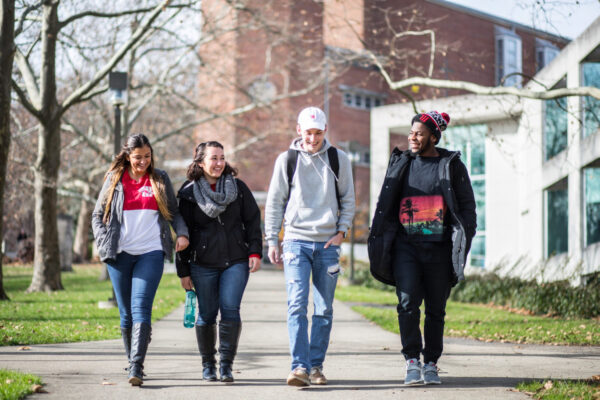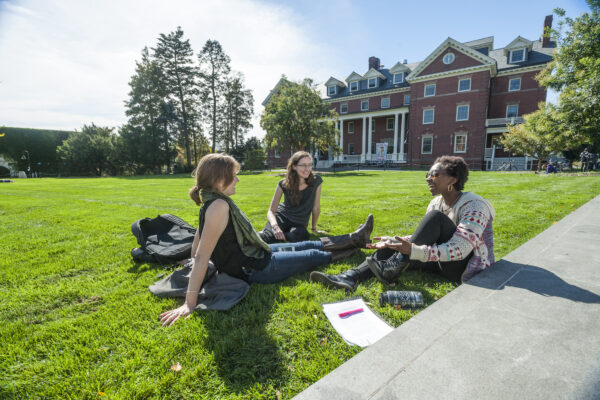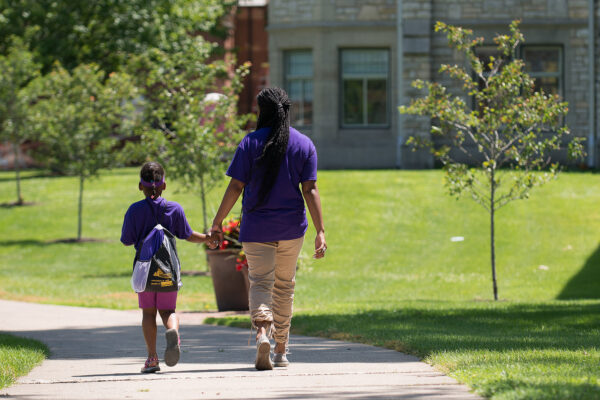Georgia Gwinnett College (GGC) is putting its ideas into practice through a bold initiative designed to both improve retention in the science, technology, engineering and math (STEM) fields and prepare STEM students for life post-graduation.
This commitment is born from a 2014 White House initiative that GGC signed onto, led by president Stanley “Stas” Preczewski, ACE Fellows Class of 2003-04. As part of the commitment, GGC settled on five primary goals with a target date of 2020. They include:
- Increasing STEM enrollment by 25 percent
- Increasing STEM retention by five percent
- Increasing STEM graduates by 50 percent STEM enrollment of underrepresented populations be at or above STEM enrollment for adequately represented populations
- STEM retention of underrepresented populations be at or above STEM retention for adequately represented populations
At the center of this work is the School of Science and Technology’s (SST) four-year Undergraduate Research Experience (URE), which begins with a laboratory component of class in the first STEM course and builds toward an independent or directed research project prior to graduation.

Beyond this first step, GGC faculty are reimagining STEM education by working collaboratively to redesign classes and laboratory exercises to reach undergraduates early and often by involving them in authentic research every semester. Faculty also assist in placing students in career-oriented internships in which they can apply their content knowledge to real-world situations and deepen their understanding.
In just one year, GGC has already shown progress. The number of first-year students retained in STEM majors has grown from 394 in 2014-15 t0 427 at the end of 2015-16. And students completing or on track to complete STEM majors grew from 237 in 2014-15 to 268 in 2015-16.
This extensive work in STEM is an outgrowth of the college’s overall commitment to student-centered teaching that engages students and promotes their success, which Preczewski has implemented at every level of the college.
The commitment to building both individual and institutional capacity is felt beyond the classroom. Besides Preczewski, GGC is also home to four other former ACE Fellows: Dr. James B. Fatzinger (2011-2012), Charter Senior Associate Provost, Student Affairs; Dr. Lois C. Richardson (1995-1996), Senior Advisor to the President, Charter Dean for the School of Liberal Arts; Dr. Adolfo G. Santos (2011-2012), Dean, School of Liberal Arts; and Dr. Jennifer H. Stephens (2015-16), Deputy Chief of Staff.
Become a member: As a member of ACE, you join over 1,600 organizations that collectively promote, protect and advocate for students, faculty and administrators in higher education. ACE is the most visible and influential higher education association in the nation, and we are at the center of federal policy debates concerning legislation that affects campuses across the country. See more on the ACE website.
If you have any questions or comments about this blog post, please contact us.


